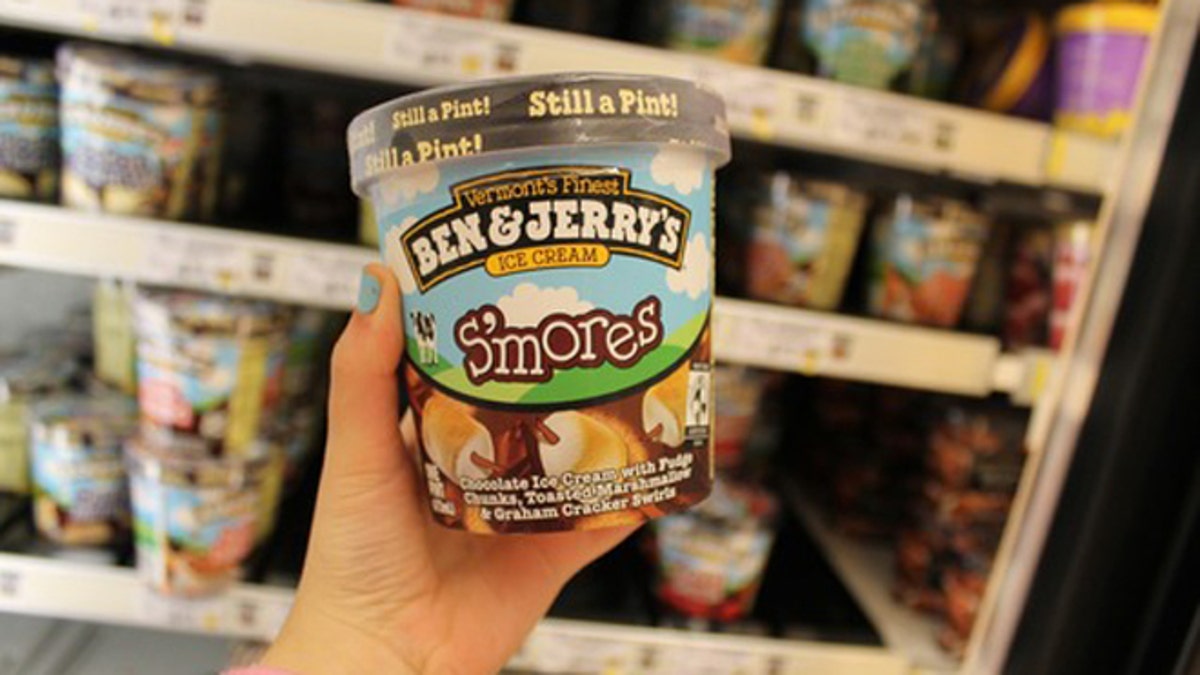
(Ben & Jerry's)
As the genetically modified foods controversy rages on, one megabrand has made its stance explicitly clear.
Vermont-based ice cream maker, Ben & Jerry's, announced last week that it will remove genetically-modified organisms, more commonly known as GMOs, from its products. In a statement released on Friday, the company said that it will be completely GMO-free by 2015.
“In addition to supporting the call for transparency in food labeling,” read the statement. “Ben & Jerry’s has also committed to sourcing only Non-GMO ingredients for our products. Our goal is to do so by the end of 2013, but we will still be making this conversion into 2014.”
Currently 80 percent of Ben & Jerry’s ingredients in the U.S. and Canada are GMO-free. All Ben & Jerry’s products made in Europe are already non-GMO.
While the company maintains the goal of transitioning to 100 percent GMO-free products by the end of this year, the statement highlighted the challenges to such a mission.
“That’s about 80 flavors, 110 ingredients and more than 200 different products to transition this year!” it read. “There can be almost 40 different ingredients in a single flavor, so you can see how complex this undertaking is.”
The debate over identifying genetically modified foods, which have been engineered to resist insecticides and herbicides, came to a head last year in California with Proposition 37.
The ballot initiative, which was ultimately defeated 53 percent to 47, would have required genetically-modified food be labeled as such.
Critics of GMOs argue that the modified foods are harmful to the environment and create health problems. Last month, protestors across the globe rallied against Monsanto, the world's largest seed company, and its push for plans to introduce a new type of herbicide-tolerant crop.
Ben & Jerry’s has made its stance in the debate clear, saying, “We support those calling for transparency and a consumer’s right to know and support the push for mandatory labeling. We ought to all have freedom to choose whether or not we want to eat food that has been genetically engineered. We think this is a fundamental right.”
